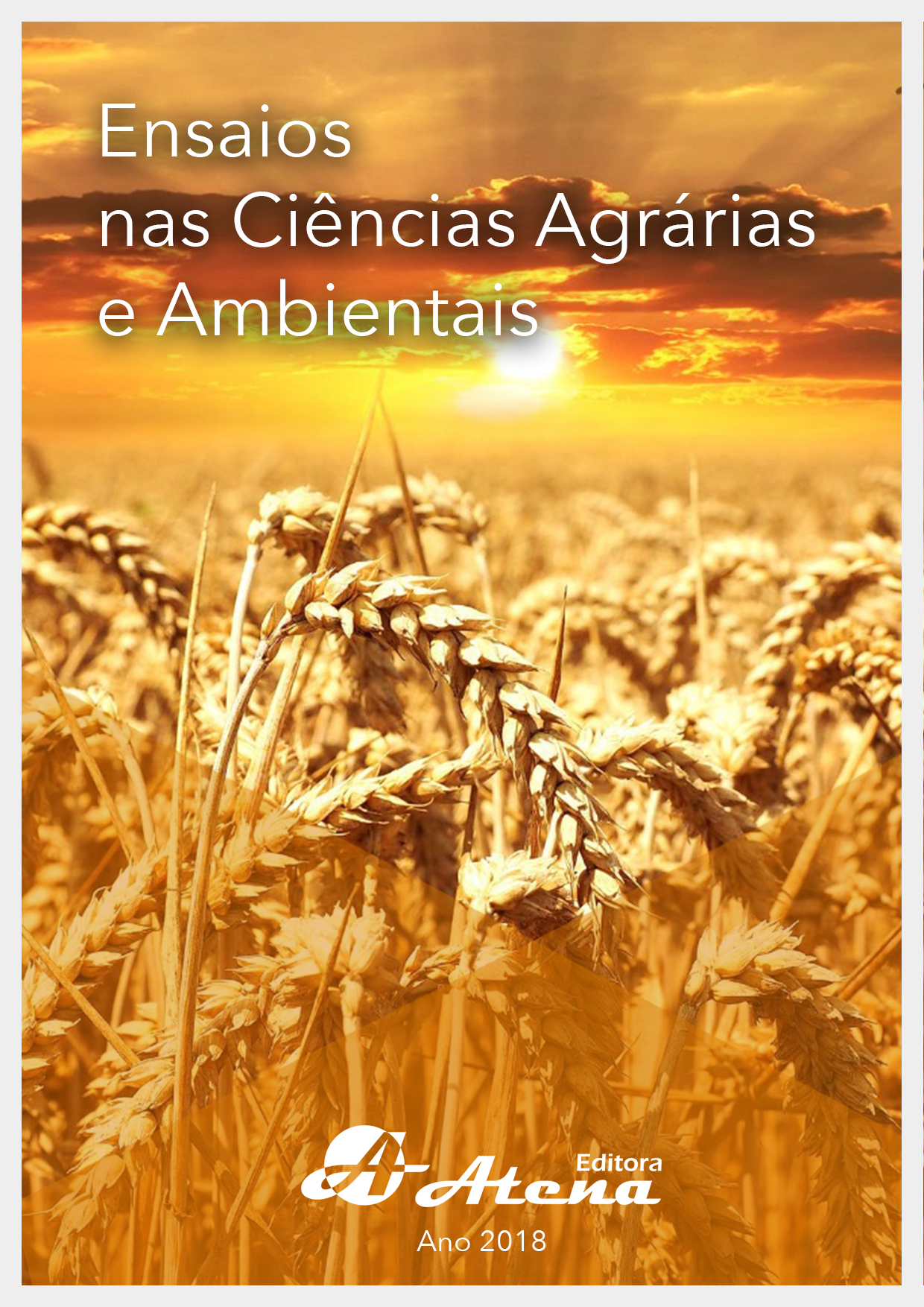
COMPOSTAGEM EM PEQUENA ESCALA DE RESÍDUOS SÓLIDOS DE RESTAURANTE UNIVERSITÁRIO ASSOCIADO A PODA DE ÁRVORES
Uma das formas de tratamento de
resíduos sólidos orgânicos é a compostagem,
que é um processo biológico onde os
microrganismos convertem materiais orgânicos
em um material para ser utilizado como adubo. O
presente trabalho tem como objetivo apresentar
a viabilidade da compostagem em pequena
escala de resíduos orgânicos provenientes
de um restaurante universitário e resíduos de
poda de árvore avaliando as características
físico-químicas (pH, umidade, sólidos voláteis
e relação Carbono/Nitrogênio – C/N) e físicas
(temperatura e redução de massa e volume).
Foram montadas caixas de compostagem
em triplicata contendo um volume inicial de
resíduos de 38L e massa de 14Kg. A disposição
dos materiais na caixa de compostagem foi feita
em camadas intercalando uma camada para
cada resíduo. O experimento teve a duração
de 42 dias. O valor inicial de pH iniciou em 4,5
e aumentou gradativamente até permanecer
constante próximo de 8. O teor de umidade
inicial foi de 70% e final de 50%. O maior
valor obtido foi de 70% no início do processo
e o valor mínimo foi de 51%. A redução de
sólidos voláteis foi de 5,6%. O valor da relação
Carbono/Nitrogênio ficou próximo de 9, valor
próximo ao desejado para o húmus. Ao longo
do processo, a temperatura manteve-se em
torno de 40ºC por aproximadamente 5 dias.
A massa e o volume do composto no final do
experimento apresentaram redução de 72%
e 60%, respectivamente. A partir dos dados
obtidos no presente trabalho constatou-se que
é viável o processo estudado.
COMPOSTAGEM EM PEQUENA ESCALA DE RESÍDUOS SÓLIDOS DE RESTAURANTE UNIVERSITÁRIO ASSOCIADO A PODA DE ÁRVORES
-
DOI: Atena
-
Palavras-chave: Degradação de matéria orgânica. pH. Temperatura. Carbono/ Nitrogênio.
-
Keywords: Organic matter degradation. pH. Temperature. Carbon/Nitrogen.
-
Abstract:
One of the ways to treat organic waste is using composting, which is a
biological process in which microorganisms convert organic materials in material to be
used as fertilizer. This study aims to present the feasibility of composting on a small
scale of organic waste from a university restaurant and tree pruning, it is evaluating the
physical and chemical characteristics (pH, moisture, volatile solids and ratio Carbon
/ Nitrogen - C / N ) and physical (temperature and reduction of mass and volume).
Composting boxes were set up in triplicate containing an initial volume of waste of 38L
and mass 14 Kg. The arrangement of the compost materials in the box was made in
layers intercalating a layer for each residue. The experiment lasted 42 days. The initial
pH started at 4.5 and it was gradually increasing until remained constant around 8. The
initial moisture content was 70% and the end was 50%. The highest value obtained was
70% at the beginning of the process and the minimum value was 51%.The reduction
of volatile solids was 5.6%. The value of the carbon / nitrogen ratio was close to 9, the
desired value close to the humus. Throughout the process the temperature remained
around 40 ° C for about 5 days. The mass and volume of the compound at the end
of the experiment showed a reduction of 72% and 60%, respectively. From the data
obtained in this study it was found that it is feasible small scale process.
-
Número de páginas: 15
- Danielle Hiromi Nakagawa


